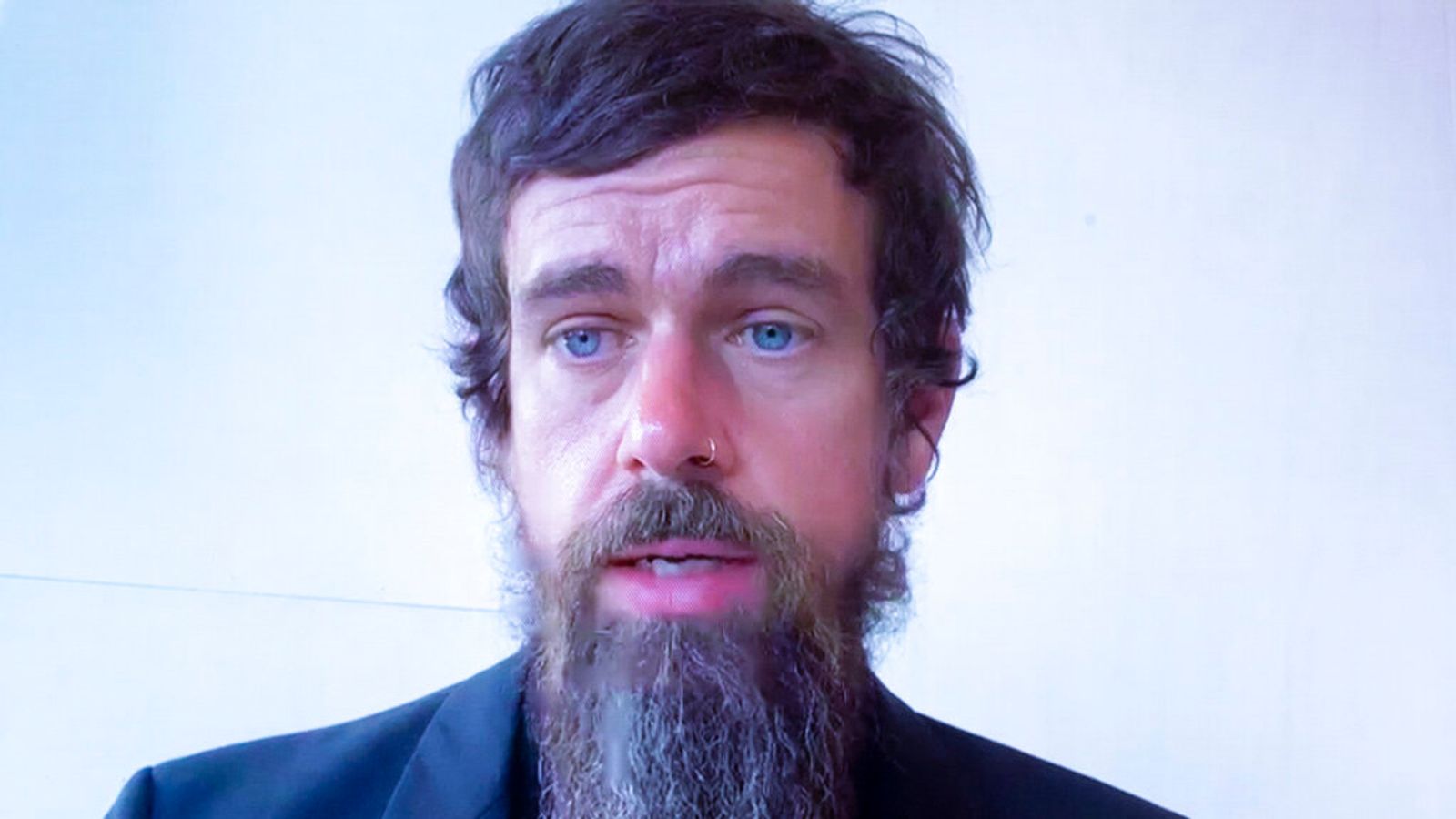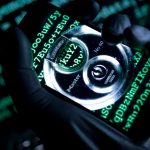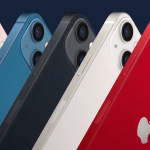Twitter founder and chief executive Jack Dorsey has sold a digital certificate connected to his first ever tweet for just over £2m.
The digital certificate was purchased in an auction by Sina Estavi, a Malaysia-based entrepreneur, who said: “This is not just a tweet!”
The tweet itself, which said “just setting up my twttr”, was made on 21 March 2006. Mr Estavi said “years later people will realise the true value of this tweet, like the Mona Lisa painting”.
Mr Dorsey said the funds raised are being donated to a charity supporting the coronavirus response in Africa, minus a 5% processing fee going to the auctioning platform.
Mr Estavi said he was glad the money was being donated to charity.
just setting up my twttr
How do you sell a tweet?
The tweet itself has not been sold in the traditional sense – it is still available on Twitter for anybody to see and share.
Instead, what has been sold is a certificate asserting ownership of that tweet, known as a non-fungible token (NFT), the most recent craze to have erupted from the cryptocurrency world.
These certificates are similar to cryptocurrency coins, except where those coins are fungible – being broken down into 0.001 of a coin for instance – the certificate token is non-fungible.
They are basically just cryptographically unique certificates of ownership stored within a blockchain ledger.
As such NFTs themselves cannot be copied, but the work they’re tied to – such as Mr Dorsey’s tweet – can be reproduced without limit courtesy of digital technology.
The NFT does not prevent this, nor does it grant its owners any other rights over the original content.
So what’s the value of an NFT?
That’s a very challenging philosophical question.
There are a number of competing schools of thought among economists about whether the value of a commodity is tied to the labour required to produce it or to the degree it meets its purchaser’s needs, but none of them seem to explain this craze.
What else has been sold as an NFT?
Grimes, the musician and partner of cryptocurrency enthusiast Elon Musk, made around $6m in a digital auction selling NFTs of some of her original artwork.
Digital artist Beeple, whose real name is Mike Winkelmann, has also sold a collection of NFTs for just under £50m.
In all of these cases, the artists have retained the original digital media – although copies are spreading freely throughout the internet – and the copyright to this media.






















